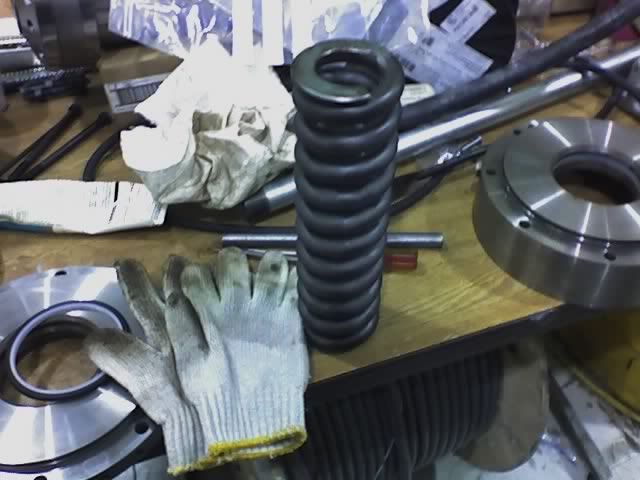mdshunk
Senior Member
- Location
- Right here.
Probably about 720 bucks! http://buy1.snapon.com/catalog/item.asp?store=snapon-store&item_ID=68479&group_ID=958brian john said:. Then one of my diesel mechanics has one 48" long, by Snap On when I asked him what that puppy cost me he just smiles.

